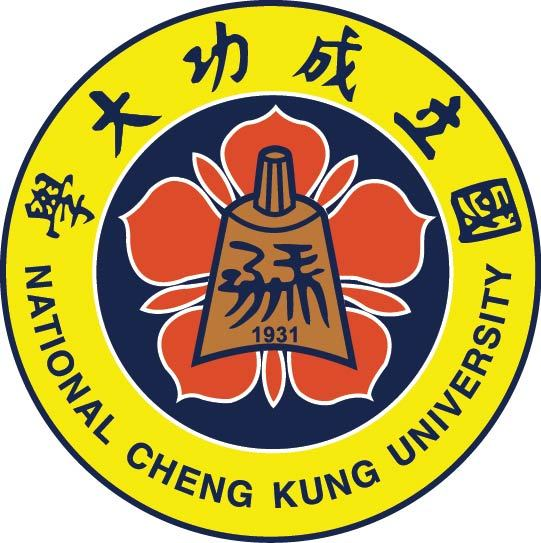The Biofluidics and Micro-Opto-Electro-Mechanical Systems Laboratory (BMOEMS Lab) was established by Professor Han-Sheng Chuang at the Department of Biomedical Engineering, National Cheng Kung University on August 2, 2011. The main mission of our lab is to extensively utilize cutting-edge micro-opto-electro-mechanical technologies to assist biomedical applications. Currently, the active research topics in the lab include, but are not limited to: Early detection of tear-based diabetic retinopathy by a novel acoustofluidic microchip Rapid AST based on bead-based optical diffusometry Rapid and sensitive diagnostic platform for infectious diseases based on the integration of LAMP and optical diffusometry A photonic crystal enhanced immunofluorescence biosensor Janus particle-enabled biosensors Clustered molecular imprinted particles biosensors Similar to the Department of Biomedical Engineering, students in our laboratory are very diverse, including those studying mechanical engineering, chemical engineering, physical therapy, medical radiation technology, biomedical engineering, mathematics, materials science, and more. Due to the multidisciplinary characteristics of our research, it is necessary to gather talent from different disciplines and leverage their expertise to develop the technologies we need. In summary, the BMOEMS lab aims to create an ambitious and vibrant environment for all young men and women. We welcome talented individuals from different fields to join our family.
Dr. Han-Sheng Chuang is currently a full professor in the Department of Biomedical Engineering at National Cheng Kung University (NCKU), Taiwan. He received his Ph.D. from the School of Mechanical Engineering at Purdue University in 2010. After graduation, he worked with Dr. Haim Bau as a postdoctoral researcher in the Department of Mechanical Engineering and Applied Mechanics at the University of Pennsylvania until the summer of 2011. During 2022 and 2023, he was a visiting scholar at Notre Dame, USA. To date, he has received the 2014 and 2019 Young Researcher Career Grants from the Ministry of Science and Technology, the 2015 Young Scholar Award from the Taiwan Comprehensive University System, and the 2016 Excellent Teaching Award and the 2020 Excellent Research Award from NCKU. Additionally, he was a co-founder of the US-based start-up Microfluidic Innovations from 2009 to 2017. Dr. Chuang has dedicated more than a decade to the bio-microfluidic field, with research interests mainly focused on bio-microfluidics, Bio-MEMS/NEMS, and biosensing technology.
Bio-micro/nano-fluidics, MEMS/NEMS, Biosensing technology, Micro-biomechanics.
1. 2024 Future Tech Award 未來科技獎 (NSTC)
2. ACST 2024 Outstanding Paper Award (學術獎章 傑出論文獎)
3. 2021 and 2022 Grand Review Awards (NCKU)
4. ACST 2020 Outstanding Paper Award
5. 2020 Research Excellency Award (NCKU)
6. 2019 MOST Young Scholar Career Award
7. 2016 Teaching Excellency Award (NCKU)
8. Excellence of the 2015 Young Scholar Innovation Competition (TCUS)
9. 2014 MOST Young Scholar Career Award
10. Future Start Award of the College of Engineering at NCKU
Ph.D. Mechanical Engineering, Purdue University, USA
Master Mechanical Engineering, National Cheng Kung University, Taiwan
Bachelor Mechanical Engineering, National Cheng Kung University, Taiwan
2 Vacancies
Job Description
This job opening offers two short-term internship opportunities for eligible students to cultivate their interests in biosensing technology. The prospective applicants need to contact me by email in advance to schedule an interview. Noted that applicants who are interested in pursuing their advanced careers or studies here with us (BMOEMS Lab) have the priority.
Preferred Intern Education Level
Junior or senior year of undergraduate or Master
Skill sets or Qualities
This internship is to offer two short-term internship opportunities for eligible students to cultivate their interests in biosensing technology. Applicants who have AI background or experience will be highly appreciated. Noted that students who are interested in pursuing their advanced careers or studies here with us will have the priority.
